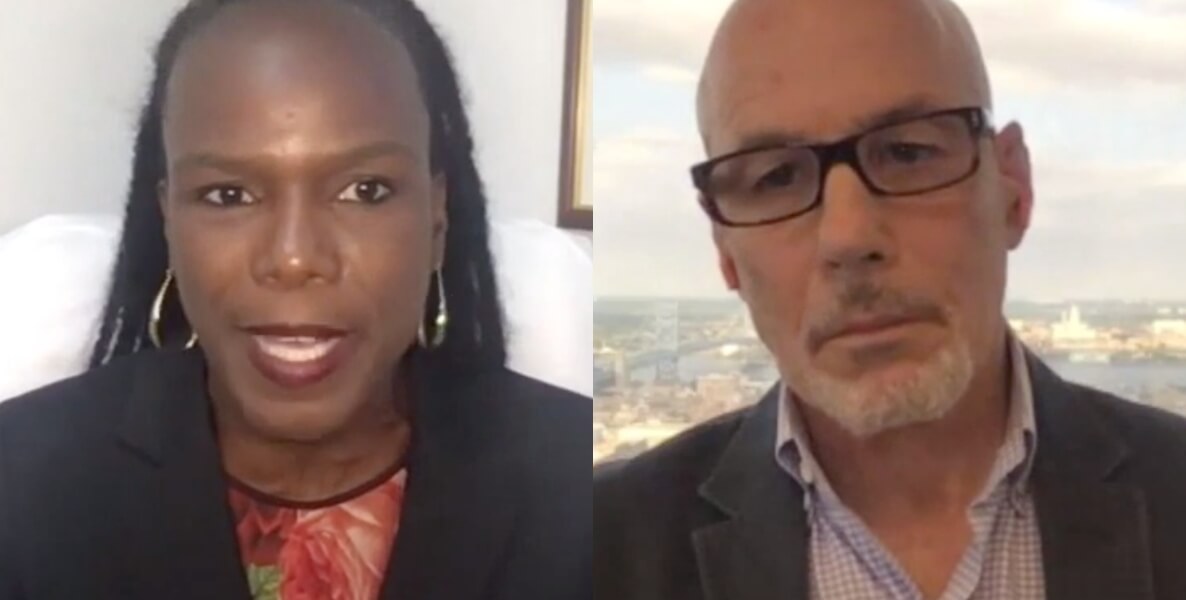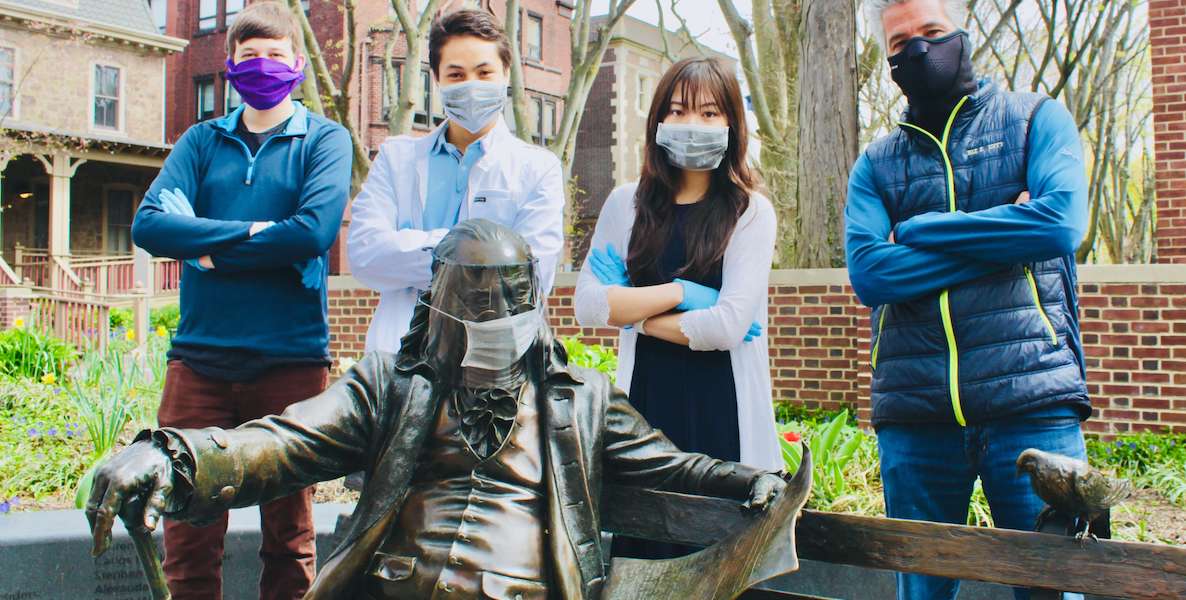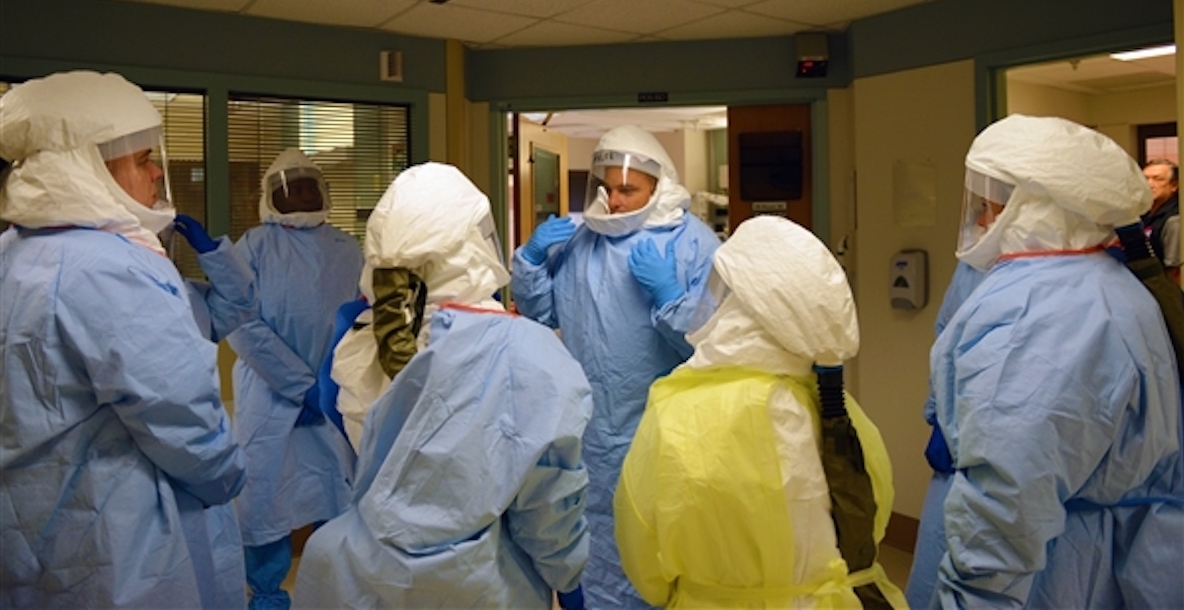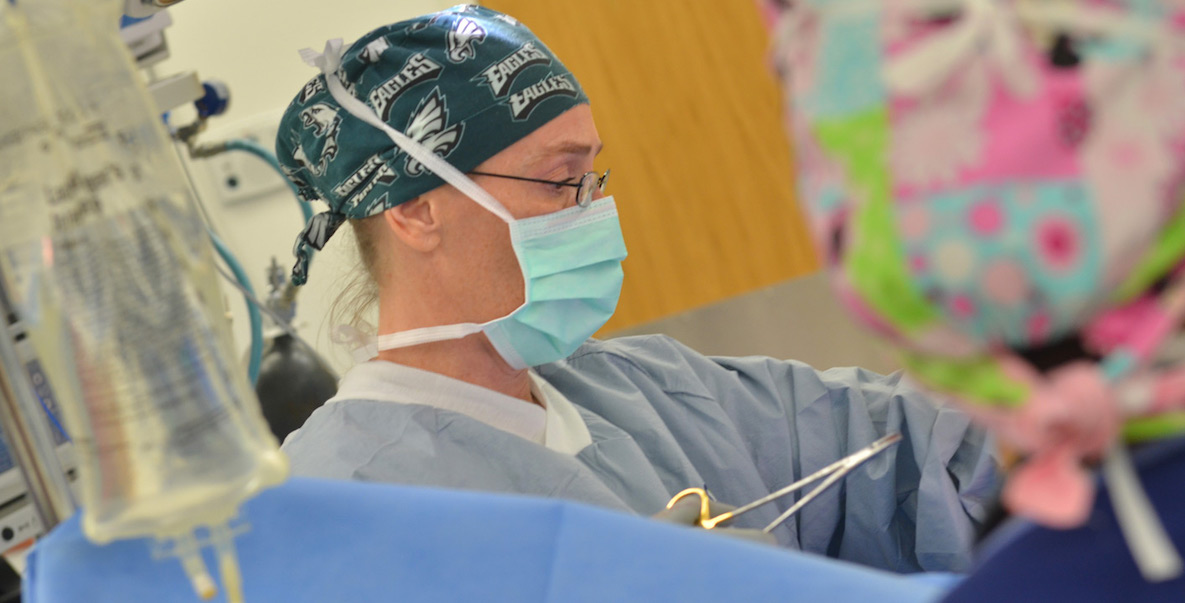It was in the early days of the coronavirus that many Philadelphians first heard the name that has now become the go-to for news, advice and information about the deadly virus: Philadelphia Public Health Commissioner Dr. Thomas Farley,
Farley, former New York City Health Commissioner, has been in his post for four years, during which he became best known for touting the benefits of the tax on sugary beverages and for the uphill battle against the City’s opioid epidemic. But it’s only in these last few months that he has really become Philadelphia’s doctor.
![]() Farley has been behind measures to keep Philadelphians safe—like requiring facial coverings, pausing reopening phases, and doubling-down on Covid-19 warnings before 4th of July celebrations. He has provided a mix of sobering reality, admonition, encouragement and hopefulness that a vaccine is not too far away.
Farley has been behind measures to keep Philadelphians safe—like requiring facial coverings, pausing reopening phases, and doubling-down on Covid-19 warnings before 4th of July celebrations. He has provided a mix of sobering reality, admonition, encouragement and hopefulness that a vaccine is not too far away.
Public health officials usually don’t enter government service seeking fame and fortune. But for the first time in a long time, people are crushing hard on honest public officials. Think of Dr. Anthony Fauci, for example, the long-time Director of the National Institute of Allergy and Infectious Diseases whose carefully crafted apolitical position has made him the most trusted government official in several polls when it comes to the coronavirus pandemic—despite recent White House efforts to discredit him.
Even before Covid-19, public health employees in Philadelphia were on the frontlines providing primary, preventive and emergency care at clinics throughout the city; setting health policies; and running public service campaigns to help keep residents well.
Now, in addition to all of that, they are the ones collecting and sending out coronavirus updates, making sure people have access to testing, and educating the public about what needs to be done. Just last week, the Health Department launched a new campaign called “#MaskUpPHL” to remind Philadelphians that wearing a mask saves lives.
![]() The coronavirus pandemic has shed new light on the importance of a well-prepared and transparent public health system. Unfortunately, the adoration shown to Dr. Fauci has not taken hold everywhere. Across the country, local public health officials are resigning in response to threats. Others are dealing with burnout, frustrated and fatigued from experiencing worst-case scenarios and working overtime to course-correct in an environment that has become highly politicized.
The coronavirus pandemic has shed new light on the importance of a well-prepared and transparent public health system. Unfortunately, the adoration shown to Dr. Fauci has not taken hold everywhere. Across the country, local public health officials are resigning in response to threats. Others are dealing with burnout, frustrated and fatigued from experiencing worst-case scenarios and working overtime to course-correct in an environment that has become highly politicized.
That’s too bad. They are our present-day superheroes, after all. And they should be celebrated.
Here’s your chance to do that: In March, The Philadelphia Citizen, Accountability Lab and WURD Radio, along with other partners, launched Integrity Icon Philadelphia—a contest to “name and fame” Philadelphia’s most outstanding public servants.
![]() Through July 31, Philadelphians can nominate any non-elected public official (that is, someone paid with city tax dollars) who demonstrates integrity in public service. At a time when trust in government can mean the difference between life and death, let’s recognize public health heroes who are helping to keep Philadelphians healthy, transparent about information, working to create safe guidelines for reopening, and going above and beyond to make sure that all Philadelphians have access to easy and equitable medical care.
Through July 31, Philadelphians can nominate any non-elected public official (that is, someone paid with city tax dollars) who demonstrates integrity in public service. At a time when trust in government can mean the difference between life and death, let’s recognize public health heroes who are helping to keep Philadelphians healthy, transparent about information, working to create safe guidelines for reopening, and going above and beyond to make sure that all Philadelphians have access to easy and equitable medical care.
In other places, we’ve seen how relying on the advice of experts has dramatically decreased the number of cases and mitigated the devastating effects of the virus. In New Zealand, for example, public trust in health officials and adherence to guidelines contributed to bringing the case count down to nearly zero.
By naming and faming public health heroes in Philadelphia, we can uplift those who are working hard to keep us safe and highlight those we can look to for guidance, so that more people have access to information and care they can trust.
Who is your Integrity Icon?
Sara Hoenes is a Fellow at Accountability Lab.
Photo by Online Marketing on Unsplash





